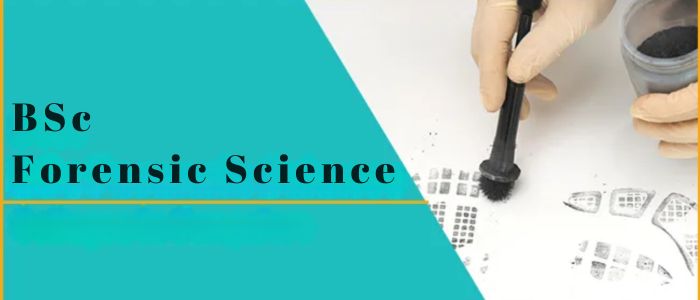Overview
The Department of Forensic Science offers a curriculum combining criminal justice and scientific investigation, preparing students for careers in law enforcement, criminal investigations, and forensic laboratories.


The Department of Forensic Science offers a curriculum combining criminal justice and scientific investigation, preparing students for careers in law enforcement, criminal investigations, and forensic laboratories.
Forensic Biology
Toxicology
Crime Scene Investigation
Forensic Pathology
This subject focuses on the application of biological techniques in forensic investigations. Students study DNA analysis, blood typing, hair and fiber examination, and biological evidence collection. The curriculum emphasizes molecular biology tools like PCR and electrophoresis, which are crucial for identifying individuals and linking suspects to crime scenes.
Forensic Toxicology explores the detection and analysis of drugs, alcohol, poisons, and other toxic substances in biological samples. Students learn about pharmacokinetics, toxic effects on the body, and techniques used in toxicological screening. This area is vital for understanding the role of substances in accidental deaths, overdoses, and criminal poisoning cases.
This component trains students in the systematic approach to securing, examining, and documenting crime scenes. Topics include evidence collection, fingerprint analysis, forensic photography, and chain of custody procedures. Emphasis is placed on preserving the integrity of physical evidence and using it effectively in legal proceedings.
Forensic Pathology involves the medical examination of deceased individuals to determine the cause and manner of death. Students learn about autopsy procedures, wound analysis, trauma interpretation, and time-of-death estimation. This field plays a critical role in criminal investigations, particularly in cases of suspicious or unexplained deaths.